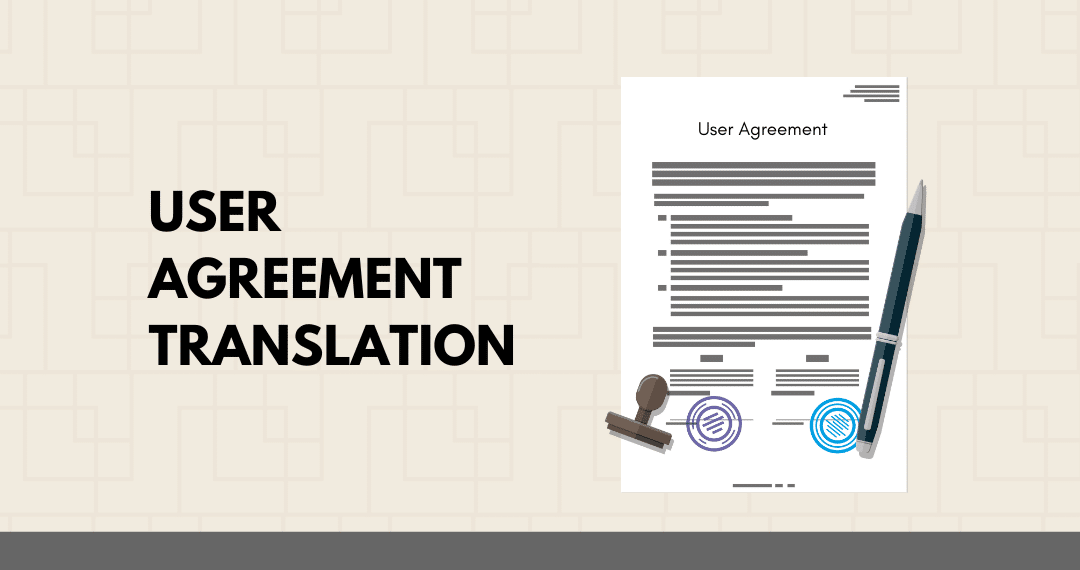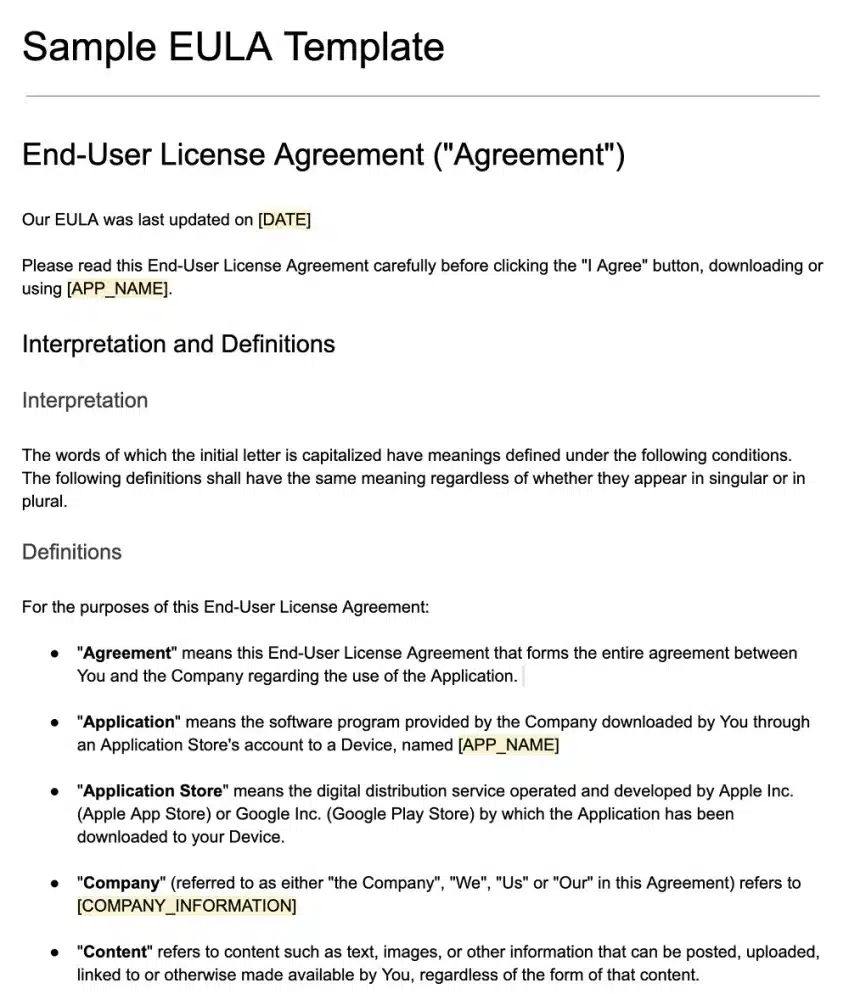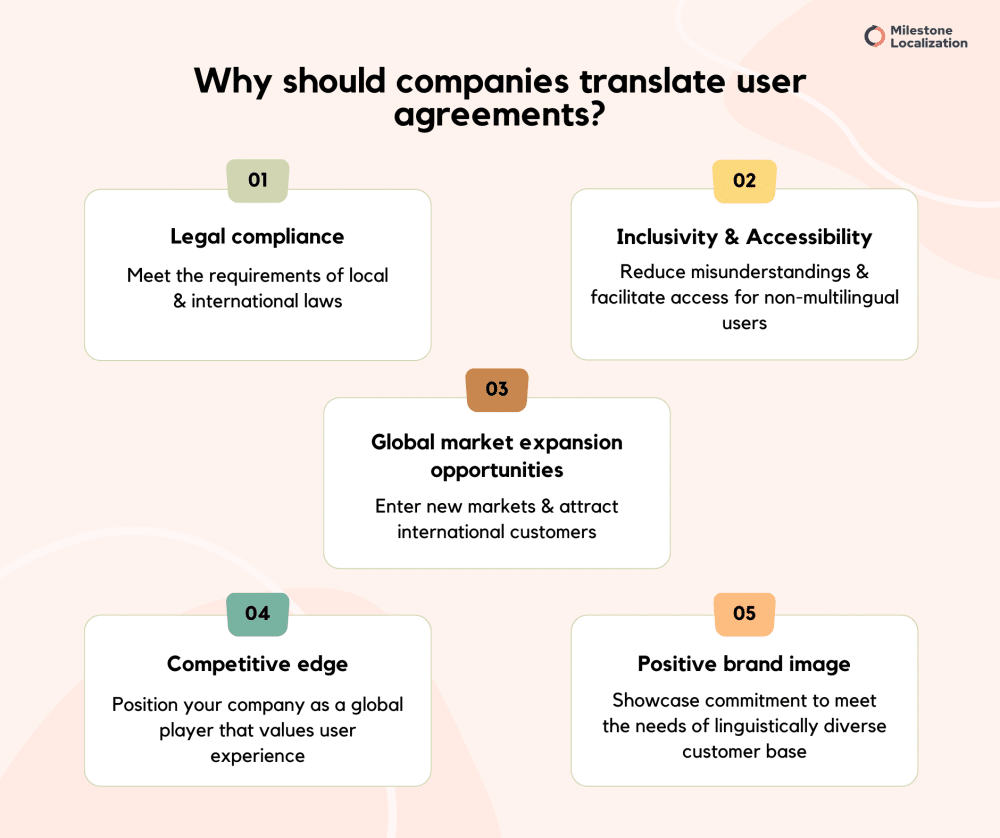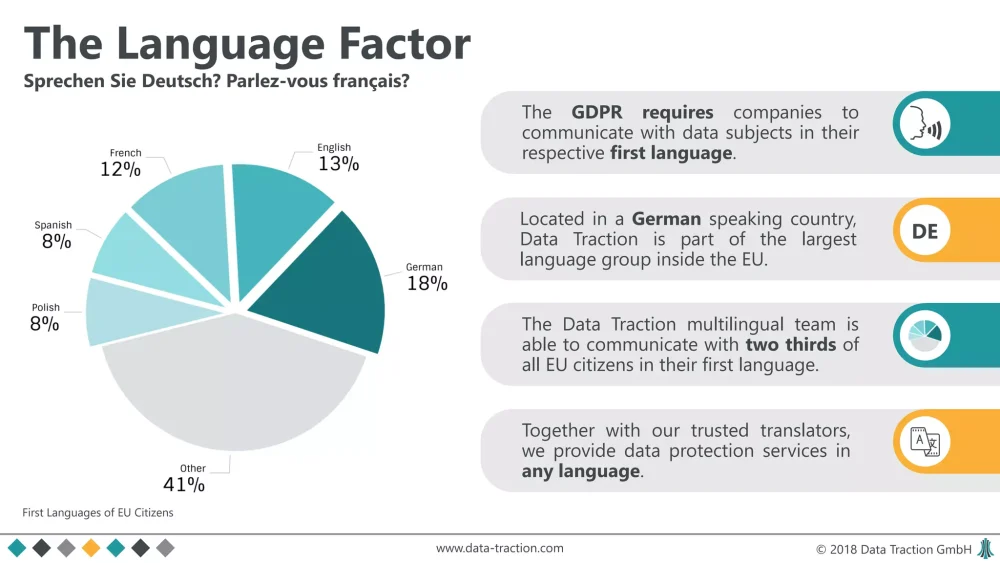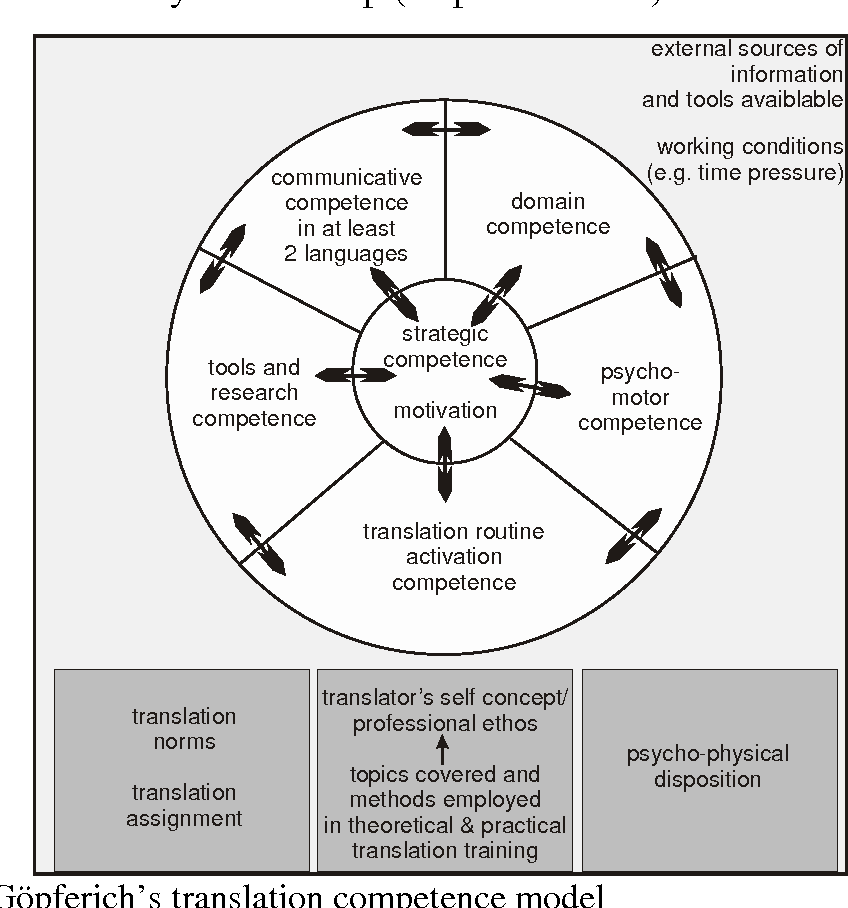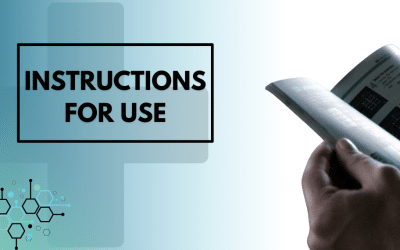In today’s globalized economy, where businesses transcend borders in search of new customers and possible economic growth, the translation of user agreements is of utmost importance.
As companies strive to reach new international audiences, ensuring that customers from different linguistic backgrounds can fully understand the user terms and conditions becomes paramount.
A well-executed user agreement translation not only ensures legal compliance but also fosters trust, clarity, and inclusivity.
In the following blog, we are going to delve into the importance of translating user agreements for your international customer base.
We will explore how it contributes to legal adherence, positive user experiences, and successful global market expansion, and what are some best practices that can help you achieve that and more!
Looking for professional agreement translation services?
Milestone helps you accurately translate your agreements and other legal documents in 70+ languages.
What is a user agreement, and why is it so important for companies?
A user agreement, also known as terms of service or terms and conditions, is a legally binding document that outlines the rules, responsibilities, and expectations governing the relationship between a company or service provider and its customers.
It serves as a contract of agreement that users implicitly or explicitly agree to when using a company’s products, services, or platforms. The user agreement typically covers a range of topics, including user rights and obligations, privacy policies, disclaimers, intellectual property rights, and dispute resolution mechanisms.
User agreements are vital for companies for several reasons, such as :
- Providing a legal framework for the protection of customer interest;
- Defining the rights and responsibilities of both the customer and service/ product provider;
- Mitigating legal risks by setting clear terms and conditions of use;
- Establishing transparency so that users can make informed decisions about the terms and conditions of the product/ service they are buying;
- Protecting a company’s intellectual property;
- Ensuring compliance with relevant local laws and regulations.
Overall, user agreements play a crucial role in defining the terms of engagement between companies and their customers. Indeed, user agreements provide a solid base for fostering a transparent and legally sound relationship.
Also read: Legal Translation: Importance, Challenges & Best Practices
Why should companies translate their user agreements?
Translating user agreements can offer several benefits for companies, especially those with an international customer base.
Also read: Top 10 Subtitling Companies : How To Choose The Right One
Legal Compliance
First and foremost, user agreement translation ensures legal compliance by meeting the requirements of local and international laws.
Some jurisdictions insist that user agreements should be provided in the local language for legal validity.
For instance, Chinese law requires contracts to be in Chinese to be legally enforceable. This includes online user agreements, among others.
In Japan, the law may require certain contracts, particularly consumer contracts, to be in Japanese for legal validity as well.
The EU has also enforced regulations, such as the Consumer Rights Directive, according to which in EU member states, contracts, such as online terms of service, must be provided in the language of the consumer.
Inclusivity and Accessibility
Translating user agreements promotes accessibility and inclusivity among your potential customers since it facilitates access for non-multilingual users.
It reduces misunderstandings and misinterpretations arising from language barriers to a minimum. It simultaneously enhances users’ accurate comprehension of the terms and conditions.
This can be beneficial to the company’s brand image as well, demonstrating a commitment to inclusivity and customer satisfaction.
Indeed, customers are more likely to engage with a service/ product if they feel their needs and preferences, including language preferences, are acknowledged.
Global Market Expansion Opportunities
From a business-oriented perspective, translating user agreements opens up opportunities for expansion into the global market.
This is particularly important for companies seeking to enter new markets and attract international customers, thereby contributing to business growth.
User agreement translation provides a clear foundation for dispute resolution based on agreed-upon terms and enhances legal clarity. This in turn can be beneficial for building trust with potential customers.
What’s more, international customers are less likely to buy a product from a company that does not offer a user agreement in their language.
Also read: Top 10 Translation Companies In Dubai
Competitive Edge
Translating user agreements provides your company with a competitive advantage.
User agreement translation sets a company apart from competitors who may not offer translated agreements. Furthermore, it positions the company as a global player who values user experience.
Positive Brand Image
While this one was mentioned in some of the previous entries, it deserves its spot since it’s, indeed, a very important reason to get your user agreement translated.
Translating user agreements showcases a company’s commitment to user-friendly practices. What’s more, it demonstrates a willingness to go the extra mile to meet the needs of your linguistically diverse, international customer base.
This, in turn, has positive implications for customer retention, as users tend to stay loyal to a service/ product that understands and addresses their needs.
As you can see, translating user agreements is a strategic move that goes beyond legal compliance. It can greatly contribute to positive user experiences, trust-building, and market expansion on a global scale.
Also read: What Are The Fastest Growing Languages?
What are the dangers of not translating user agreements?
Failing to comply with local rules and regulations regarding user agreement translation can pose several risks and dangers for companies.
Here are some of the key considerations in this regard:
Legal Consequences: In some jurisdictions, user agreements that are not provided in the required language(s) may be deemed void or unenforceable. This in turn can lead to potential legal disputes.
Regulatory Fines and Penalties: Regulatory bodies may impose fines and penalties for non-compliance with language requirements. These could turn out to be financial burdens for the company.
For instance, the General Data Protection Regulation (GDPR), which came into effect in May 2018 and is valid for all European Union member countries, imposes significant penalties for non-compliance.
The GDPR emphasizes the importance of transparent and easily understandable information for users. In case of non-compliance, companies can face a fine between 2-4 million euros, depending on their violations.
Also read: Why should companies localize corporate training?
Increased Legal Disputes and Legal Expenses: Resolving legal disputes may become more challenging, especially when user agreements are not clearly understood by all parties involved.
This can potentially result in prolonged legal battles whereby the costs, such as translation services and legal representation, may drastically increase.
Increase in customer service requests/enquiries stemming from misunderstandings: When customers are unable to understand the company’s user agreement, they’ll try to find a way to receive more information. And thus, they will probably turn to customer support.
This can turn into a big issue due to too many incoming customer service requests or inquiries.
Restricted Market Entry: Lack of translated user agreements may limit a company’s ability to enter certain markets where language-specific regulations are operating, hindering the company’s global expansion.
Also read: 11 Things To Consider For A Successful Localization Strategy
User Misunderstandings: When not provided in their native language, users may misunderstand the terms and conditions of the agreement, leading to customer dissatisfaction and even potential damage to the company’s reputation.
Diminished Customer Trust: When customers are unable to find the user agreement in their native language, they may perceive a lack of commitment to their needs. This can result in diminished customer trust and a negative impact on the company’s reputation.
Loss of Competitiveness: As users may prefer services with agreements in their native language, a company that doesn’t provide those may be at a disadvantage. Especially when other companies provide translated user agreements.
Customer Attrition: Customers who feel that their needs and rights are not adequately addressed due to language barriers may avoid the product/ service, which could result in higher churn rates.
All in all, businesses must understand that the lack of user agreement translation increases potential legal risks and may be damaging to their relationship with their customer base.
Also read: Localization & Translation Costs: Breakdown Of Factors Involved
Are you looking for a reliable translation partner to translate your legal documents?
Our expert native linguists with domain expertise deliver accurate translations for agreements, contracts, and other legal documents in 70+ languages.
Best practices for good user agreement translation
A good user agreement translation goes beyond simply translating the text.It ensures that the translated document is clear, accurate, and culturally sensitive.
Here are some best practices that contribute to a good user agreement translation:
Professional Translators: Make sure you work with experienced, well-trained professional translators with expertise in legal terminology and a deep understanding of the source and target languages.
Consistent Terminology: Consistency in the use of legal terminology throughout the whole translated document is essential to avoid confusion and provide your customers with a cohesive reading experience.
Legal Compliance: Ensure that the translated user agreement adheres to local laws, especially those regulations of language requirements.
Plain Language: Use clear, plain language to enhance readability. Avoid overly complex or technical terms that may be difficult for users to comprehend.
Accessibility Considerations: Pay close attention to details, such as formatting, font size, etc., which are essential for the accessibility of the translated document to a diverse audience.
Collaboration with Legal and Language Experts: Foster collaboration between legal experts and language professionals throughout the translation process. Only in this way can you ensure a balance between legal accuracy and linguistic clarity.
Also read: Legal Translation: 6 Practical Tips For Translating Legal Documents
Legal Review: Have the translated user agreement reviewed by legal experts in both the source and target languages to ensure accuracy and legal precision.
Quality Assurance: Before publishing, conduct thorough quality assurance checks to identify (and rectify) any errors, inconsistencies, or potential issues that may occur in the translated document.
Consumer Testing: Consider testing with individuals from the target audience to gather feedback on the clarity and comprehension of the translated user agreement.
Regular Updates: User agreements may be revised over time, so make sure to regularly update the translated agreement to reflect any changes in the original version.
In conclusion…
User agreement translation can be a complex process. What’s more, it can get even more complicated in the case of errors or ambiguities.
Thus, it is always advisable to find a reliable language service provider who can help you along your translation journey.
Keep in mind that professional translation companies have teams of linguists and legal experts who are specifically trained and experienced in user agreement translation.
Looking for a reliable translation partner for legal translations?
Our expert native linguists with domain expertise deliver accurate translations for agreements, contracts, and other legal documents in 70+ languages.

